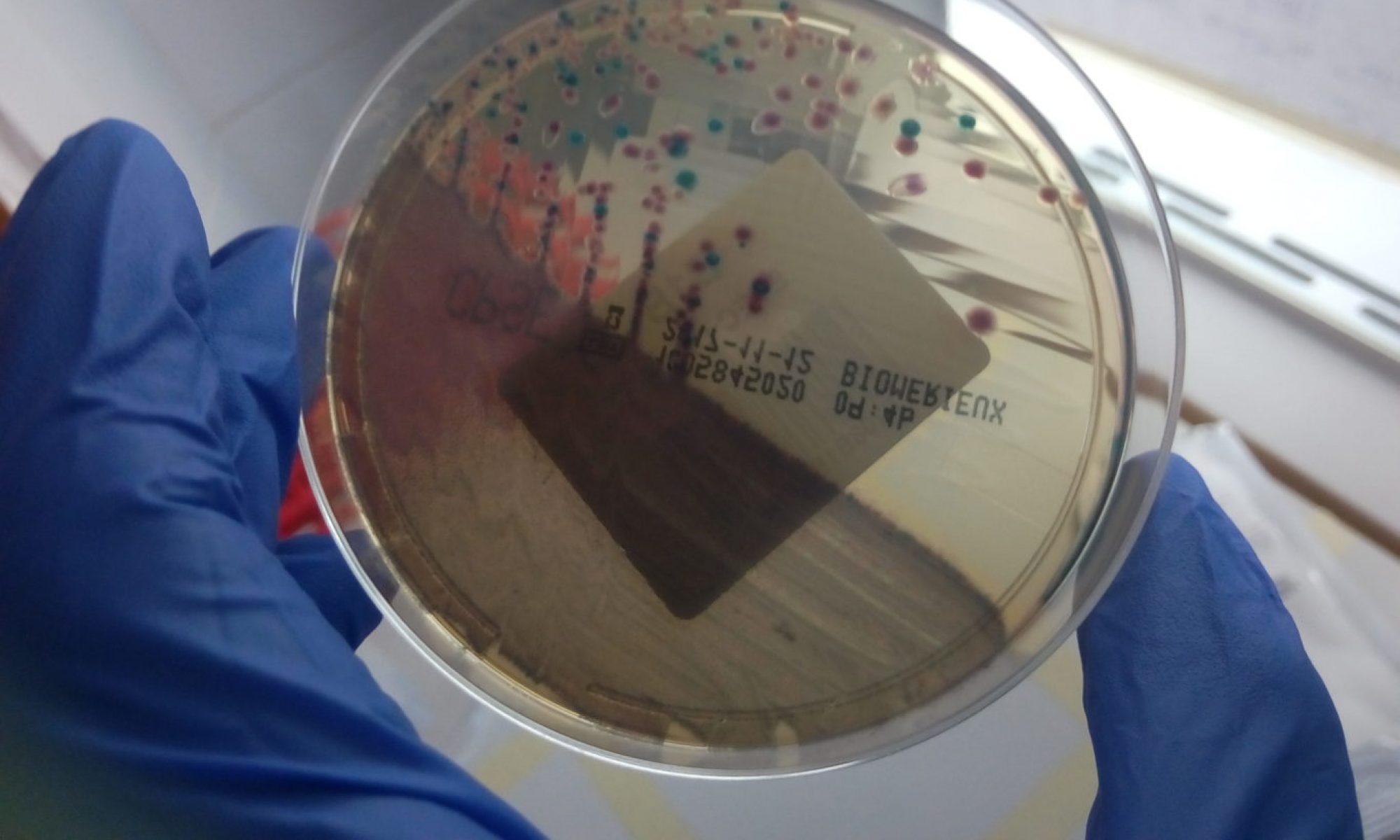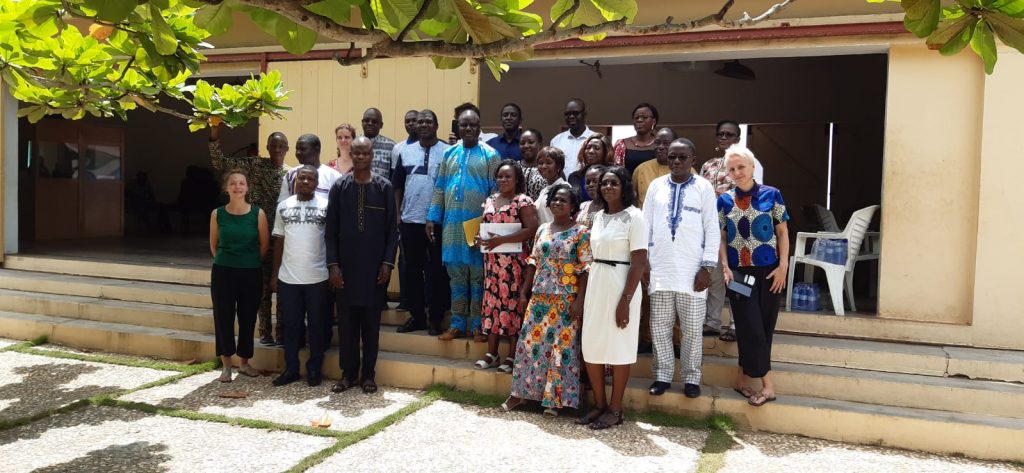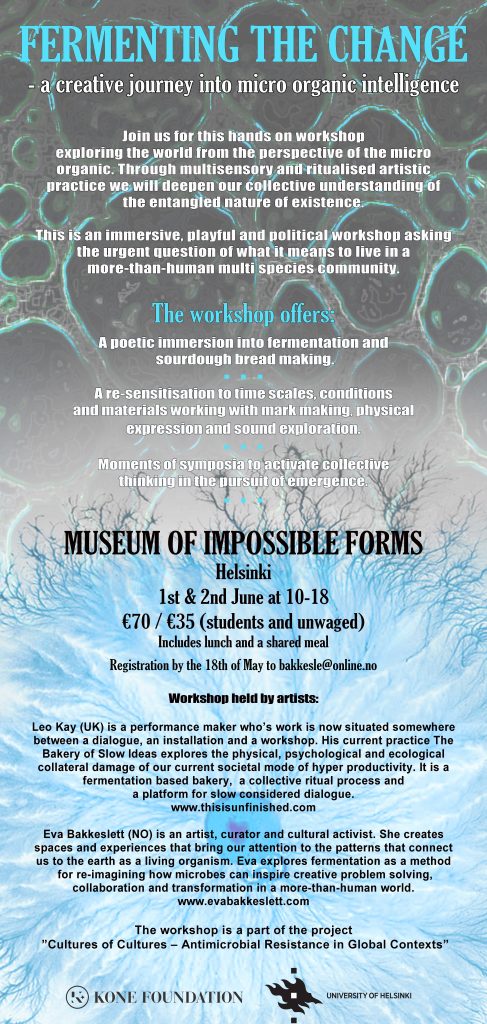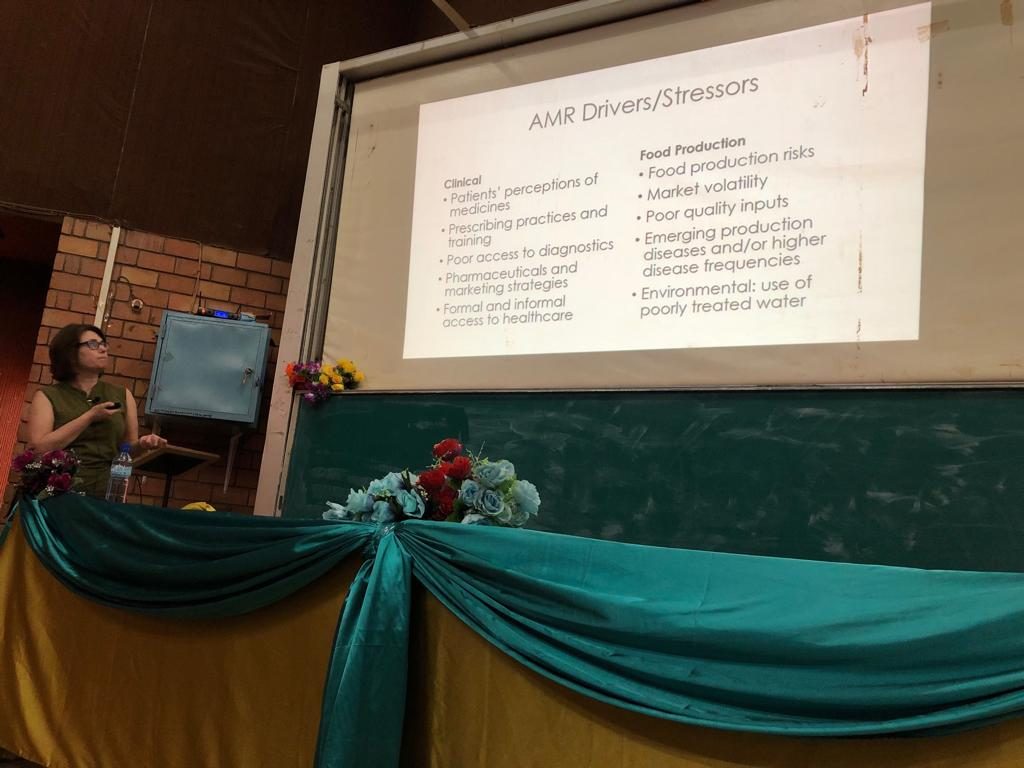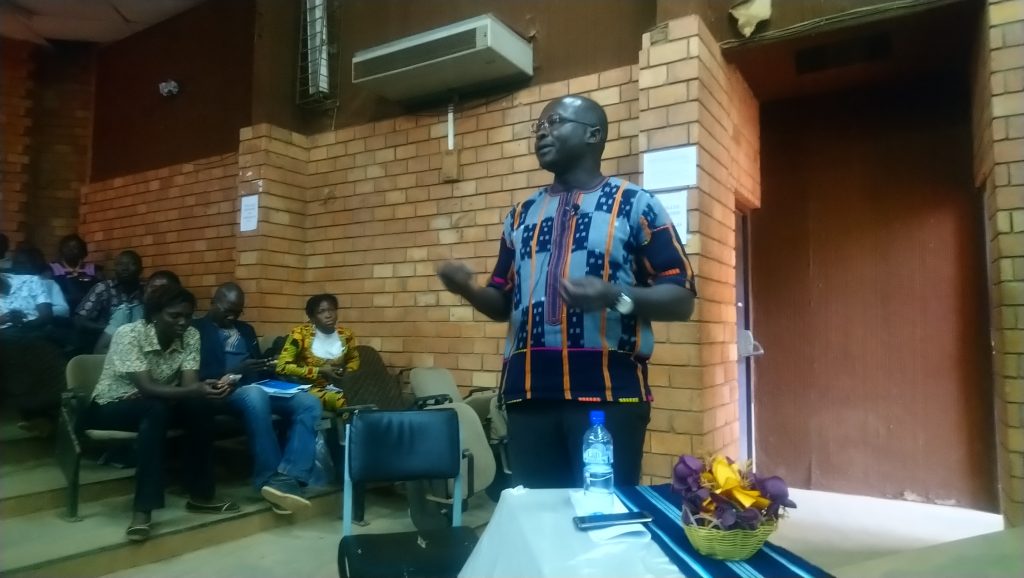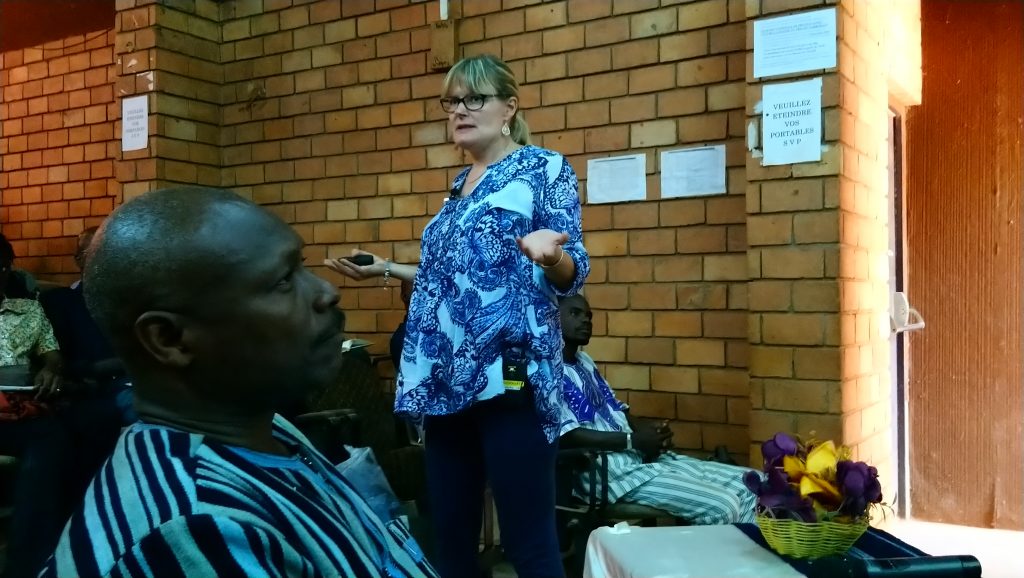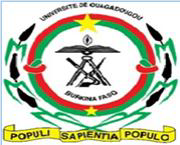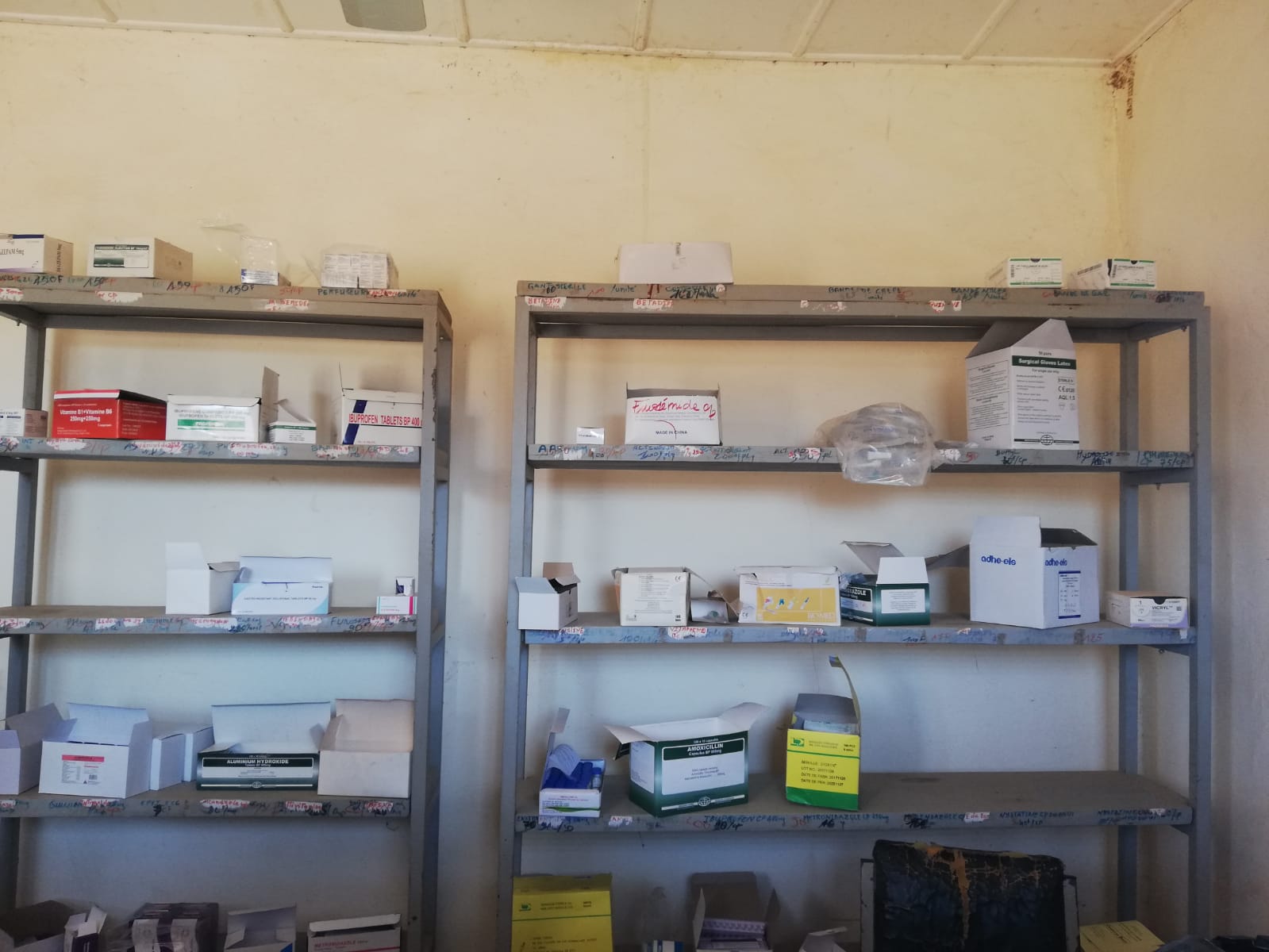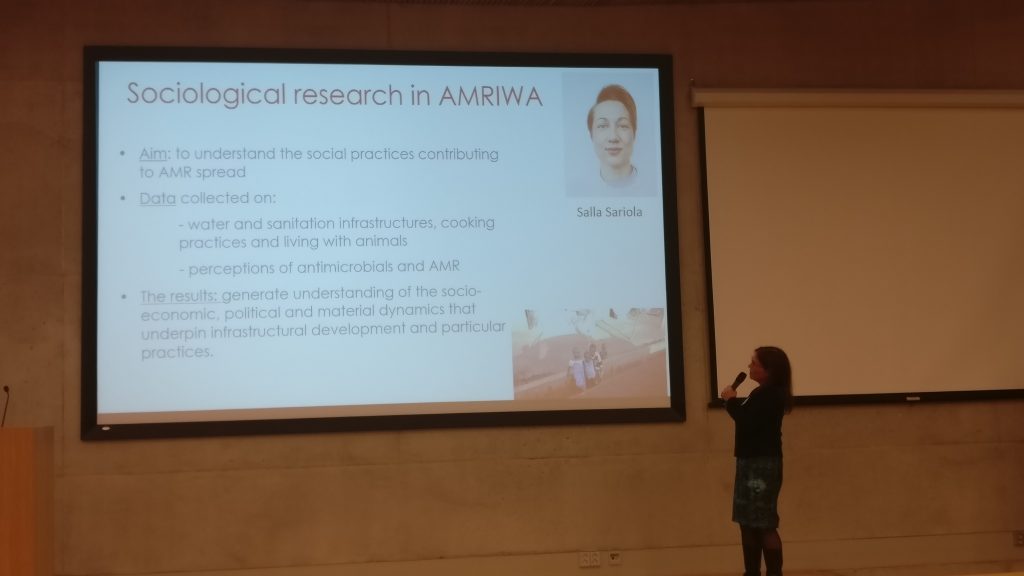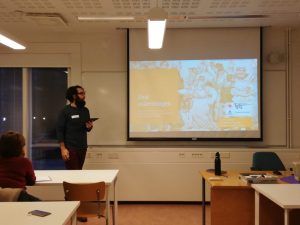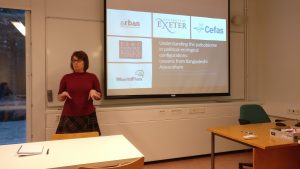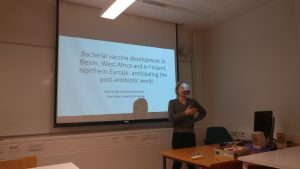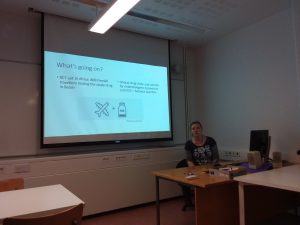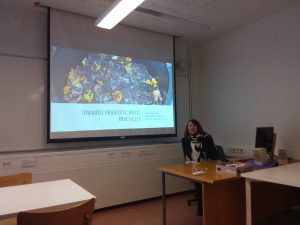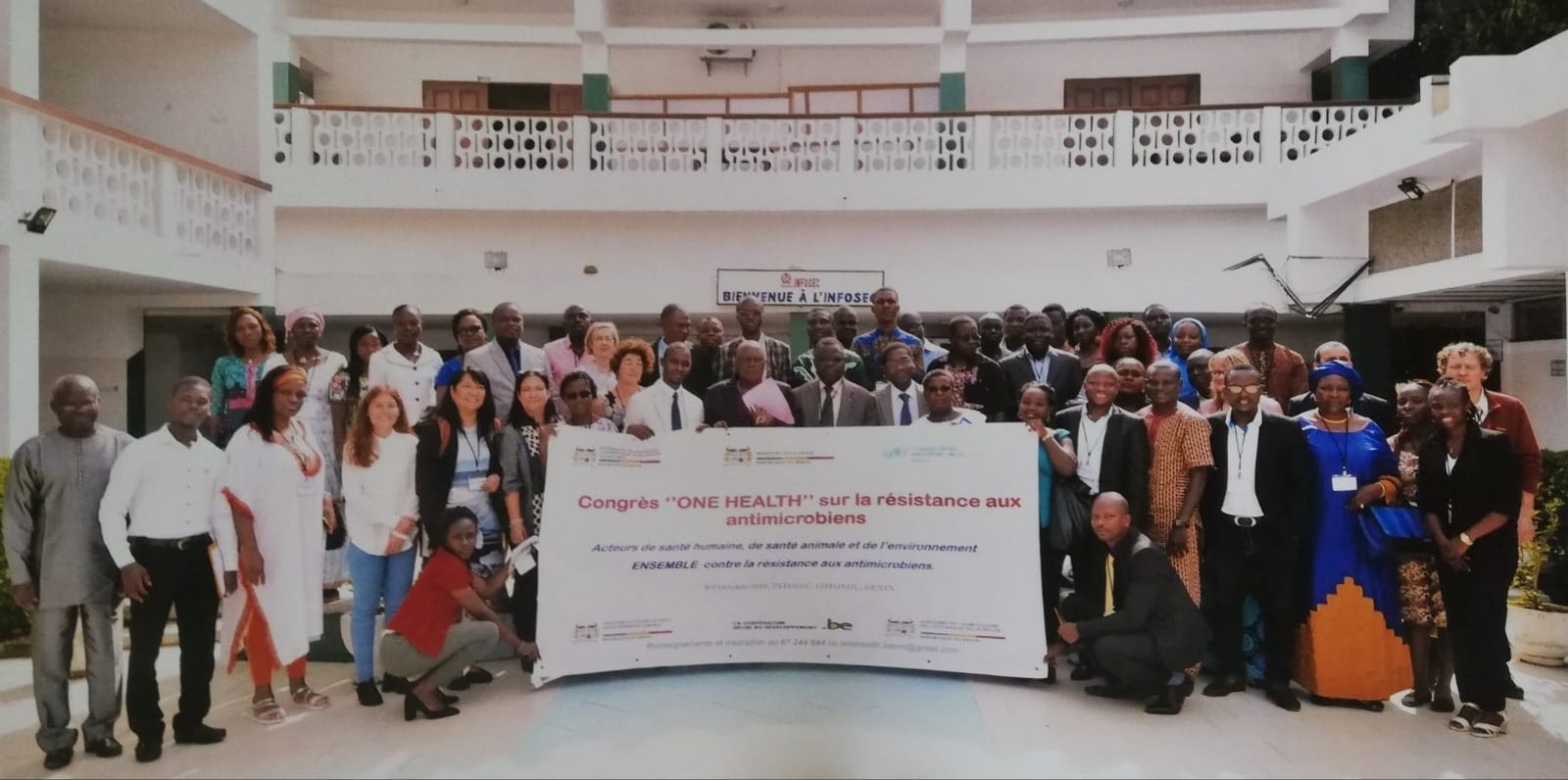The Faculty of Social Sciences and CrimScapes research project and the Social Study of Microbes Group invite applications for the position of a
DOCTORAL CANDIDATE IN SOCIOLOGY
for a fixed term position of three years starting 1 November 2020 (or as agreed). The doctoral thesis project will be part of the European NORFACE network funded project CrimScapes: Navigating citizenship through European landscapes of criminalisation. The successful candidate is expected to work full time and to complete the doctorate in four years.
The successful applicant will join a research team focusing on the social study of microbes based in Sociology, Faculty of Social Sciences at University of Helsinki, as part of the European CrimScapes consortium.
The Social Study of Microbes Group (https://blogs.helsinki.fi/culturesofcultures/) is led by PI Salla Sariola: https://www.helsinki.fi/en/people/people-finder/salla-sariola-9382728.
CrimScapes focuses on the expanding application of criminal law, crime control measures and imaginaries of (il)legality as both responses to, and producers of, the politics of threat and uncertainty that are currently expanding across the European region. We are looking for a candidate for a fully funded three-year PhD position to study the intersection of criminality and infectious diseases, and the genealogy of the infectious diseases act in Finland.
https://www.norface.net/14-projects-funded-in-transnational-programme-de…
The duties of a doctoral student are to work on his or her own doctoral thesis and to complete his or her postgraduate studies. The duties also include teaching and other tasks. Teaching tasks can account for up to 5 % of the annual working time.
QUALIFICATIONS
Applicants should hold a Master’s degree in a field that is relevant to the research topic and have a high quality research proposal. Relevant disciplines are Science and Technology Studies, History of Medicine, Gender Studies, Criminology, Medical Anthropology, and Sociology of Health. Other requirements include: proven ability and motivation, demonstrated through previous degree studies or otherwise, to pursue postgraduate studies and a doctoral degree according to the study plan and research proposal. Fluency in English language is required. The appointee is expected to reside in Finland while employed by the University of Helsinki.
The appointee should either already have the right to pursue a doctoral degree at the University of Helsinki by the start of the appointment, or apply for the right and obtain it within the probationary period of six months of their appointment. If the candidate does not already have the right to pursue a doctoral degree at the University of Helsinki, it must be applied for separately, please see: https://www.helsinki.fi/en/research/doctoral-education/the-application-p….
WHAT WE OFFER
We are an equal opportunity employer and offer an attractive and diverse workplace in an inspiring environment with a variety of development opportunities and benefits. The annual gross salary range will be approx. 29,600 – 39,000 euros, depending on the appointee’s qualifications and experience. In addition, University of Helsinki offers comprehensive services to its employees, including occupational health care and opportunities for professional development. Further information at https://www.helsinki.fi/en/university/working-at-the-university. The employment contract will include a probationary period of six months.
HOW TO APPLY
Applicants are requested to enclose with their applications the following documents as a single pdf file:
1) A curriculum vitae (max 2 pages).
2) A list of publications.
3) A research plan not exceeding four (4) pages including a statement outlining how the proposed topic fits to the profile of the CrimScapes project
4) Contact information and recommendation from one referee.
For instructions, please see https://www.helsinki.fi/en/faculty-of-social-sciences/faculty/applying-f….
Please submit your application through the University of Helsinki Recruitment System via the link Apply for job. Applicants who are employees of the University of Helsinki are requested to submit their application via the SAP HR portal.
FURTHER INFORMATION
Further information about the position may be obtained from Project Coordinator Monique Horstmann by email: monique.horstmann@helsinki.fi.
The application deadline is 16 August 2020.
If you need support with the recruitment system, please contact recruitment(at)helsinki.fi
The University of Helsinki is the oldest and largest institution of academic education in Finland, an international scientific community of 40,000 students and researchers. In international university rankings, the University of Helsinki typically ranks among the top 100. The University of Helsinki seeks solutions for global challenges and creates new ways of thinking for the best of humanity. Through the power of science, the University has contributed to society, education and welfare since 1640.
The Faculty of Social Sciences is Finland’s leading research and education institution in the social sciences and also the most diverse in terms of its disciplines. In several research fields, the Faculty belongs to the top 50 in the international rankings. The Faculty has a strong international profile both in research and teaching programmes. The number of academic staff stands at 450. Each year, the faculty awards some 350 Bachelor’s degrees, 400 Master’s degrees, and more than 40 doctoral degrees. For more information on the Faculty of Social Sciences, please visit www.helsinki.fi/en/faculty-of-social-sciences.
Due date
16.08.2020 23:59 EEST
